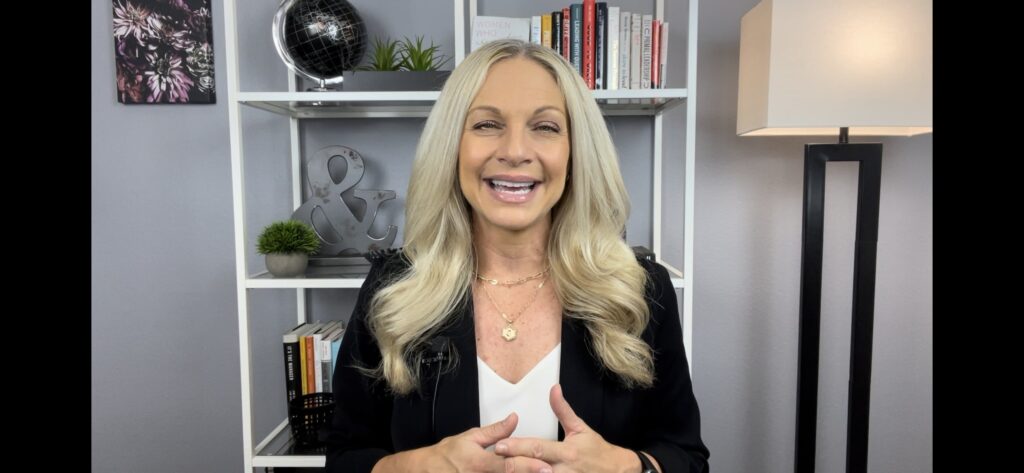
Women are Working Two Jobs
Women are working two jobs! I’ve shared how flexibility and working from home are a blessing and a curse. Well, here’s another reason why! Find out what we should be considering in a #WFH environment.

Women are working two jobs! I’ve shared how flexibility and working from home are a blessing and a curse. Well, here’s another reason why! Find out what we should be considering in a #WFH environment.
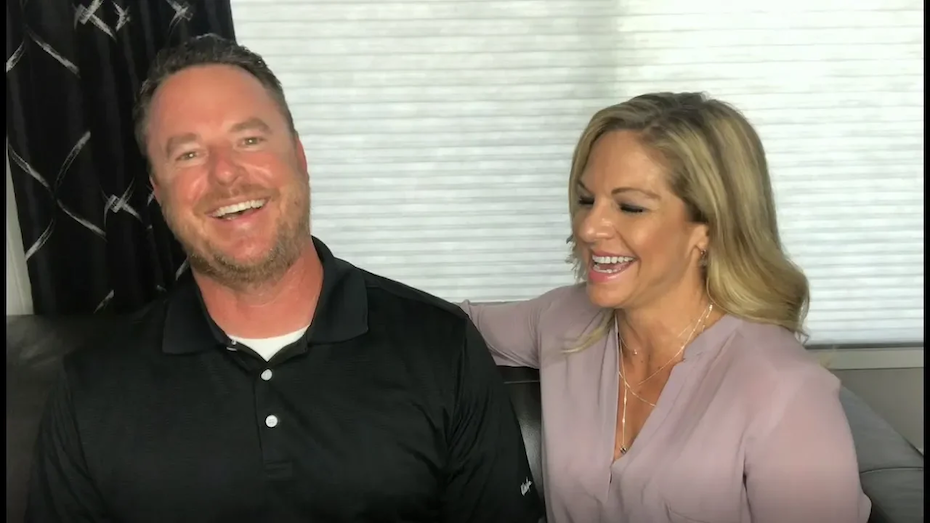
21-year wedding anniversary! During this time Matt has endured a lot being married to me!! As I was thinking about our anniversary, it reminded me of when I forced Matt to join me on video for our 15-year anniversary to
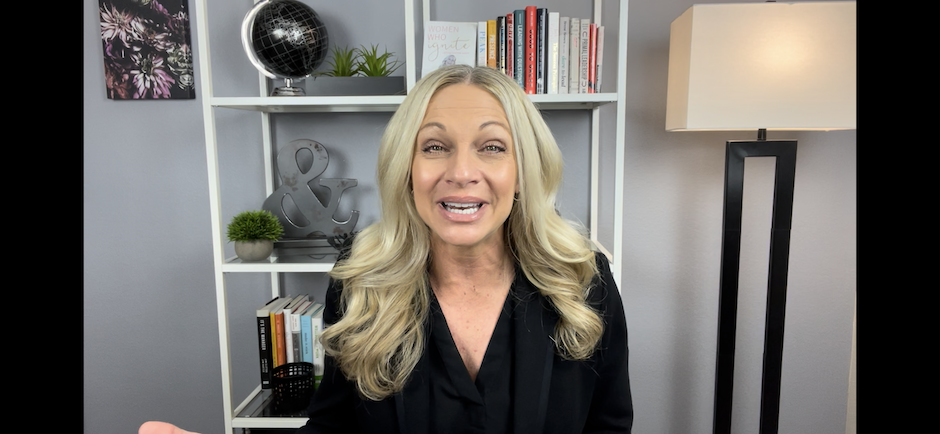
A statement I often hear: “Colleen, I know I’m supposed to advocate for myself, but I don’t want to sound arrogant.” Sound familiar? Learn the strategy we recommend to showcase your strengths without coming across as vain or smug. Bonus –
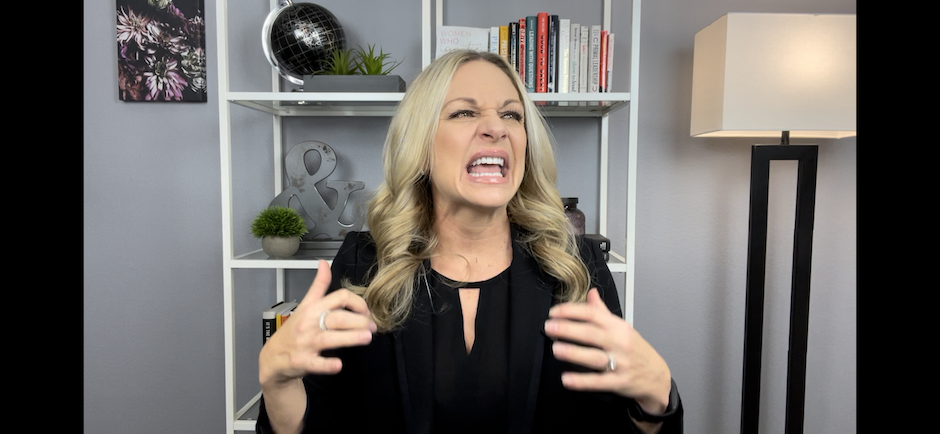
A statement I often hear: “Colleen, I know I’m supposed to advocate for myself, but I don’t want to sound arrogant.” Sound familiar? Learn the strategy we recommend to showcase your strengths without coming across as vain or smug. Bonus –
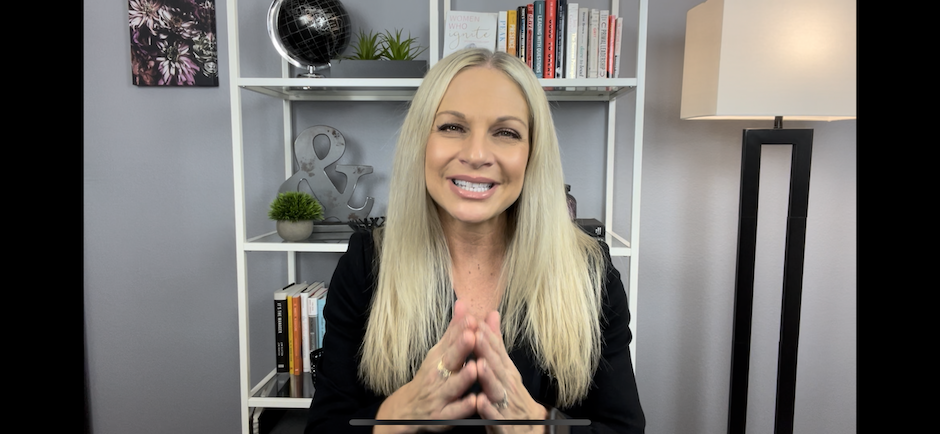
Ask for what you want! Concerned you sound selfish? Think you might appear weak? Doubt that you’ve earned the right? These may be some of the reasons you’ve held back from asking for what you want. Find out why you

A statement I often hear: “Colleen, I know I’m supposed to advocate for myself, but I don’t want to sound arrogant.” Sound familiar? Learn the strategy we recommend to showcase your strengths without coming across as vain or smug. Bonus –
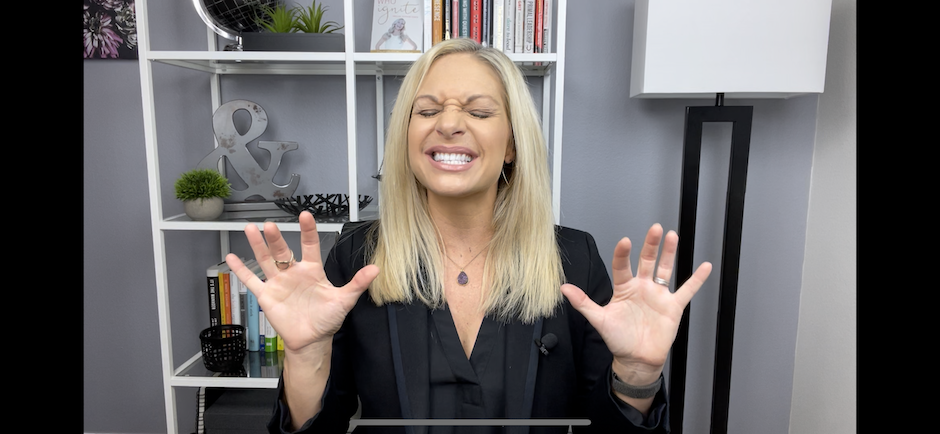
It’s a new year and you may be feeling burned out or stuck, wondering what to do if you’re unable or unwilling to leave your current job. I wondered the same thing immediately after I crashed in December 2013. For
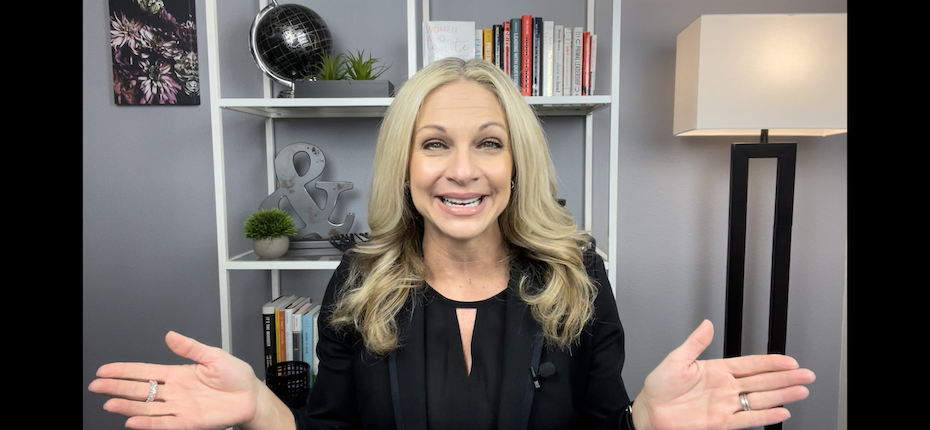
Scrolling through social media I saw this quote, “Instead of burnout, let’s call it ‘I changed my mind.'” It was centered around a person’s professional ambitions. Well, I had a visceral reaction to this statement! In this week’s video I share more
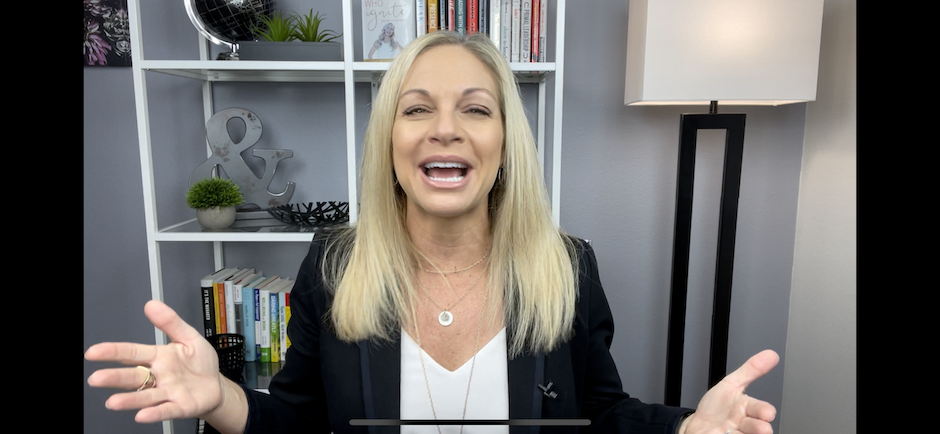
I believed that what I was experiencing were signs of approaching burnout, but it turns out that I was already over the edge and what I was experiencing were SYMPTOMS of burnout that consumed me mentally and physically. If you’re

I’m frequently asked, “Colleen, what can I do if I’m feeling burned out or stuck, yet I can’t leave my job?” I wondered the same thing immediately after I crashed that December evening in my office! For the several months of
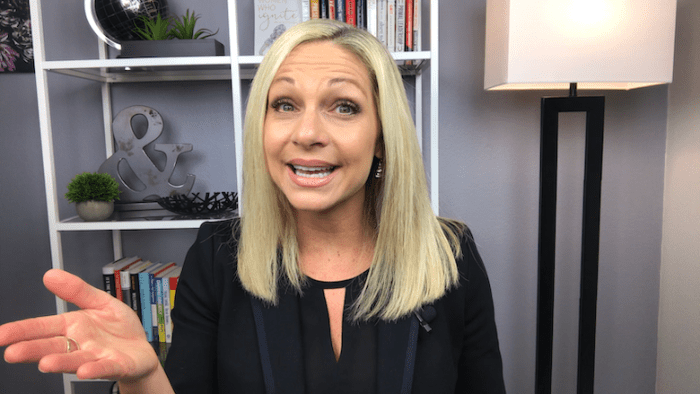
Are you so busy that you believe there’s no time for fun? You’re barely squeezing in the basic necessities to keep yourself, and maybe a family, alive that you can’t possibly imagine how you could find even a moment for
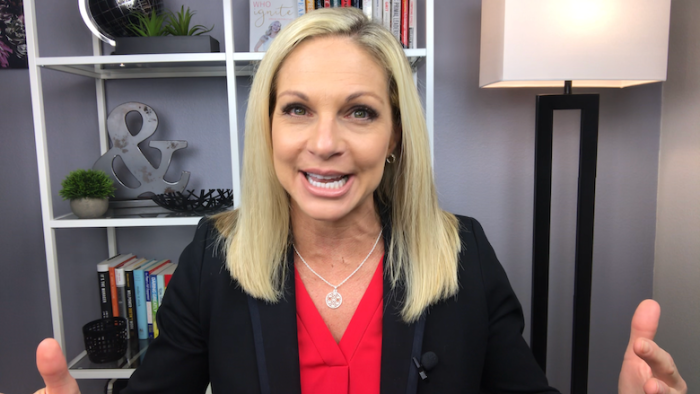
If you want to be there for your job, for your loved ones, for anyone – you must take care of yourself! But it’s challenging to find the time for self-care. And if you think it’s impossible to do, then
©2025 The Corporate Refinery. All Rights Reserved.